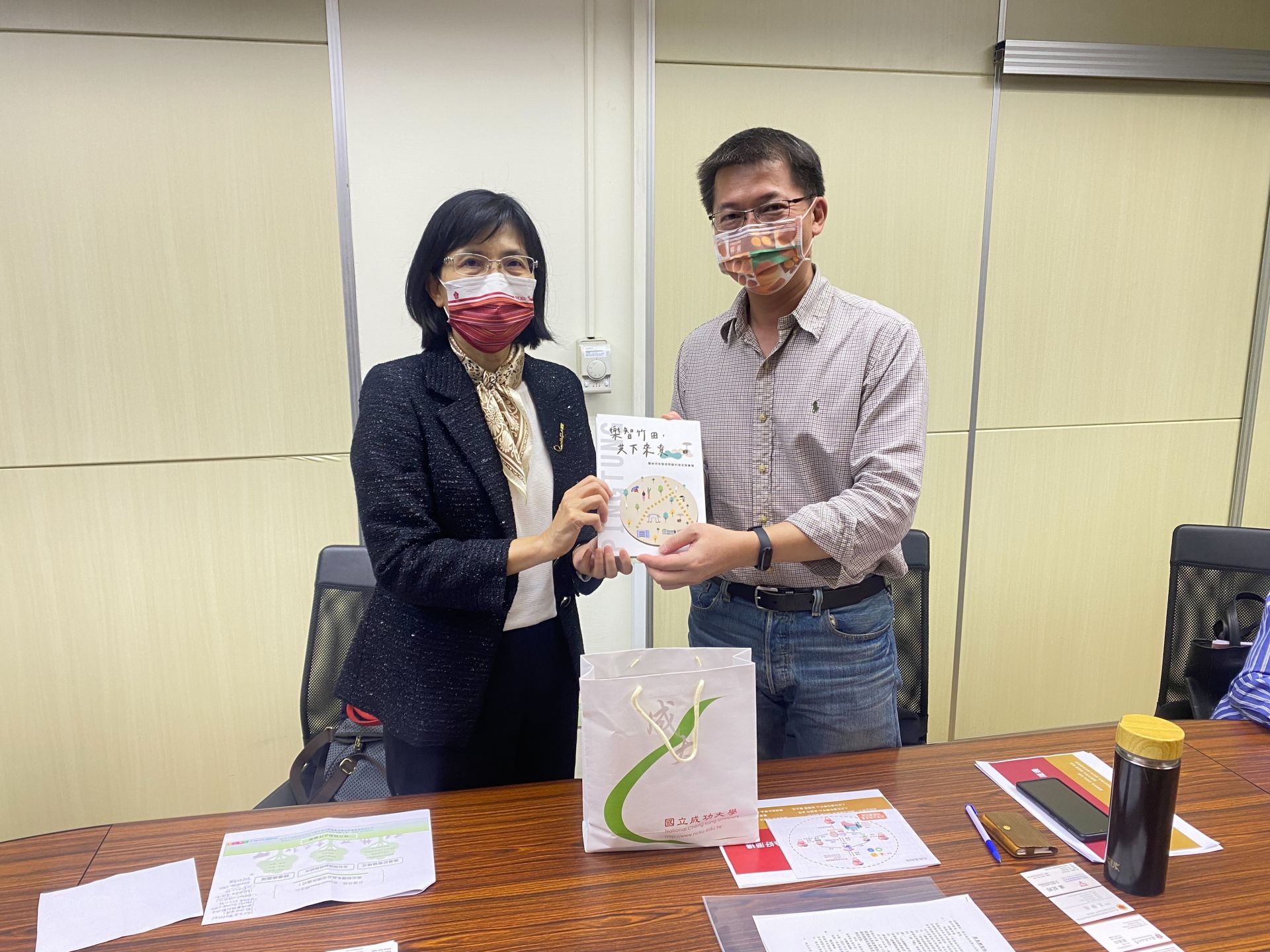NCKU Museum Will Soon Be Closed for Maintenance - Come To Visit the 3 Thematic Exhibitions Before April 30
The NCKU Museum began its preparations in 1999 and was officially established on November 11, 2007, and is entering its 16th anniversary this year (2023). The museum plans to conduct a two-year physical closure and renovation project in the summer of 2023. On March14, the museum held a joint opening tea party for three special exhibitions on the Cheng Kung campus.
On behalf of President Meng-Ru Shen, Assistant Vice President and Museum Director Ping-Sheng Wu said at the opening reception of the special exhibition that, as the first self-supported university museum in Taiwan, the museum's continued operation over the years is the result of the efforts and accumulation of all faculty and students since the university's founding in 1931. It also demonstrates the importance of the development of humanities education as a university that places equal emphasis on science and humanities. The NCKU Museum has pioneered an avenue of university museums in Taiwan with its experimental nature and its integration of campus life, research and teaching areas. The three special exhibitions not only record and promote the university's history and tradition, and preserve the cultural assets of the campus, but also show that the university, as an exemplary field of teaching and research, has taken on the social responsibility of a university, keeping abreast of the social environment and continuing to innovate and move forward, while not forgetting to have a dialogue with the city and land of Tainan, and to establish a platform for social communication and mutual benefit.Director Wu also said, "We are about to start a large-scale renovation project this summer, and it will be our challenge and opportunity to continue the museum's functions through exhibition, research and promotion without interruption when the physical building is closed, and we hope to meet everyone in the future with a more innovative and inclusive role.”
Hung-Shan Weng, former president of NCKU, is an important promoter of the exhibition series on the history of engineering education in Taiwan, and attended the opening event of the special exhibition in person on March 14th. Weng said that NCKU started with engineering and was the earliest tertiary engineering school in Taiwan, and its scale was also the largest in Taiwan. About 10 years ago, he proposed the idea of setting up a museum of engineering education history in the university, and so far he has launched the fifth exhibition, and he is very grateful for the support of the past presidents and the team that has been promoting the museum together. In addition to the exhibition series, the history of engineering education in Taiwan is being compiled. 8 volumes have been published so far, and he hopes to complete all 16 volumes by the end of this year (2023).
The "History of Engineering Education in Taiwan Series V - Special Exhibition on Architecture and Urban Planning" is the fifth in a series of exhibitions curated by Mei-Fang Kuo, Visiting Associate Researcher, Yu-Hua Tsai, Associate Researcher, and Shiann-Far Kung, Professor of the Department of Urban Planning at the NCKU Museum.
Since 2015, the museum has been conducting research on the history of engineering education at the university, and after the first exhibition, "A Brief History of Engineering Education", was launched in 2016, the museum has been presenting exhibitions on engineering-related educational achievements in electricity, railways, ships, and harbors. The theme of "Taiwan Engineering Education History Series Exhibition V - Special Exhibition on Architecture and Urban Planning" is Architecture and Urban Planning, which focuses on the earliest architectural higher education and the beginning of research in Taiwan during the Japanese occupation period, the development and transformation of architectural history from China to Taiwan, the influence of the U.S. aid policy, the roots of the theory and practice of structures and systems, and the development and promotion of green architecture.
Since the outbreak of COVID-19, it has become a daily routine for individuals and the general public to quickly understand the concepts and scientific knowledge of disease prevention. However, when there is an explosion of information, how to filter and absorb the correct knowledge? The curator of "Vaccine Frontier 2.0: COVID-19 Mini Epidemic Gallery", Chia-Hsin Chen, said that this exhibition continues the concept of vaccine production and prevention from "Vaccine Frontier - Vaccine Science Exhibition" in 2021, and focuses on COVID-19 and its related epidemic prevention knowledge, with a question-oriented approach, visualizing complex information and using diversified display methods, so that visitors can better understand the heat issue of contemporary society. In addition, this exhibition is a mobile exhibition, the related exhibits are easy to move and assemble, so all sectors are welcome to discuss moving the exhibition to maximize the benefits.
The 1640s were the most rapid period of development in the era of Dutch Formosa, and the Fort Zeelandia was roughly completed by the end of 1639 as a large multi-purpose fortress. The town of Fort Zeelandia played an important role as an entrepot and continued to grow in size. "En-Yu Huang, associate professor of the Department of Architecture at National Cheng Kung University, and Wei-Chung Cheng, associate researcher at the Institute of Taiwan History, Academia Sinica, curated the exhibition, "1643 Fort Zeelandia Virtual Reality: Fortress, Town and Citizen." En-Yu Huang said that this exhibition is a continuation of the special exhibition "The City of Kunsun" launched in 2021, with VR and 360 videos recreating the fortress, the town and the citizens of Fort Zeelandia in 1643, hoping that through interaction with the citizens, visitors can experience and understand the lively and prosperous town of Fort Zeelandia in those days.
The museum is the first museum at a public university in Taiwan to be officially incorporated into the university's organizational structure. It is characterized by its experimental nature, its integration with campus life, and its research and teaching areas. The museum also aims to promote the university's history and tradition and to preserve the cultural assets of the campus, and to serve as a venue for teaching and research, and to establish a platform for communication between the campus and the community. The museum is located on the Cheng Kung campus and is open Tuesday through Sunday from 10:00 to 17:00. While the museum is closed for maintenance, the team will continue to present quality exhibitions in various formats. Permanent exhibitions such as "The Beginning of Success" can be seen on the official website of the NCKU Museum.
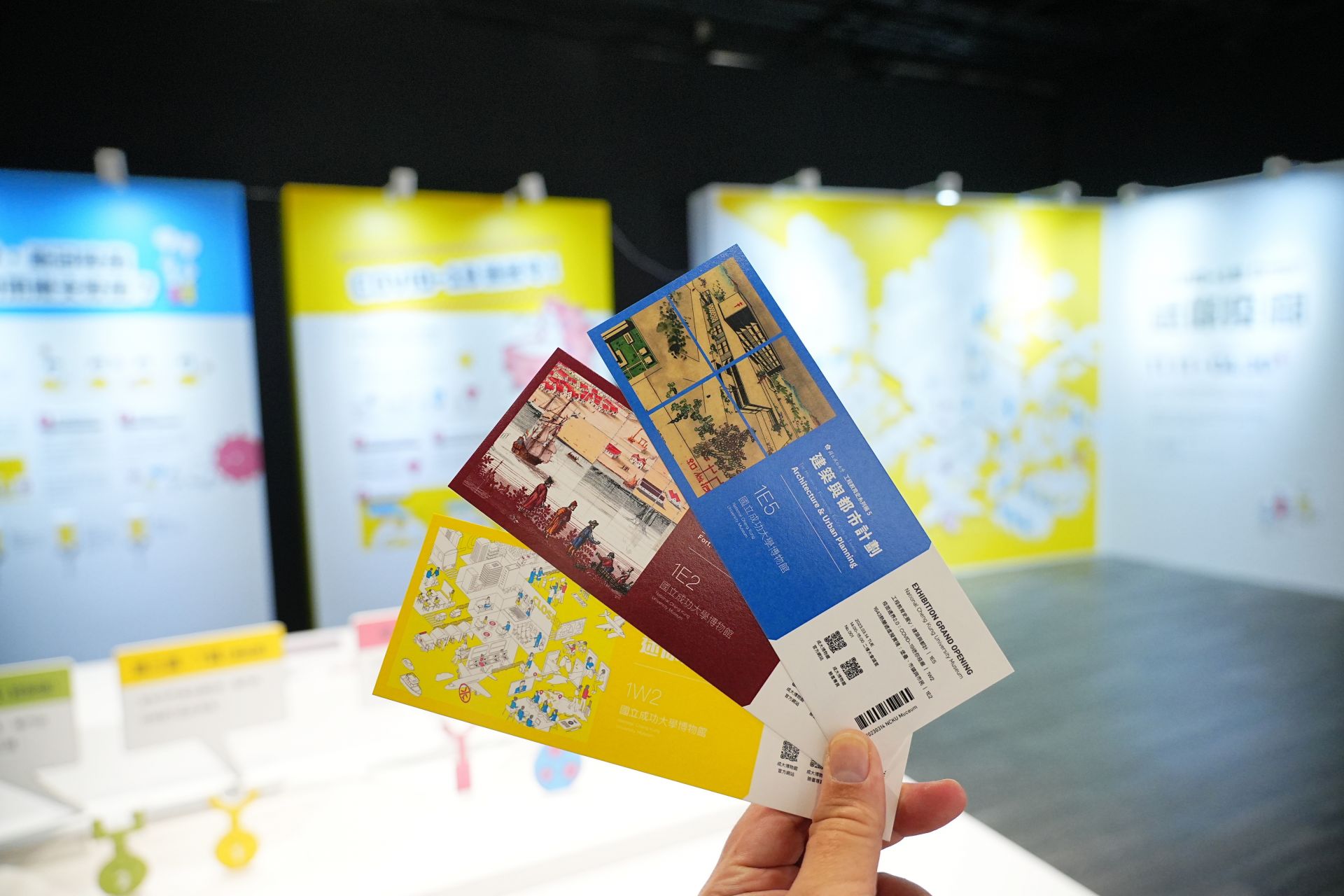
From now until April 30, the NCKU Museum is offering 3 special exhibitions before closing.
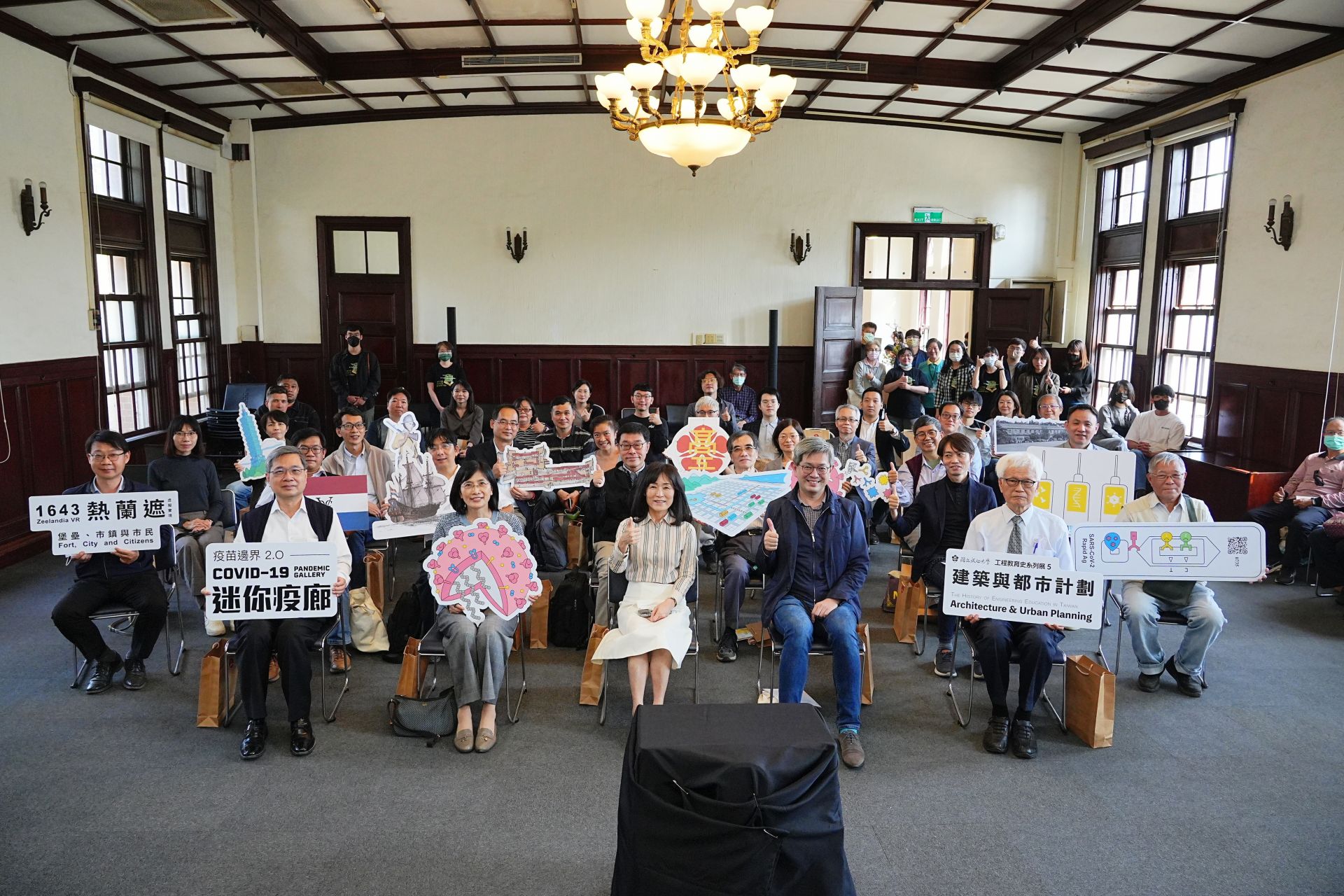
March 14th, the NCKU Museum held an opening tea party for three special exhibitions.

Assistant Vice President and Museum Director Ping-Sheng Wu looks forward that the museum can meet everyone in a more innovative and inclusive role in the future.
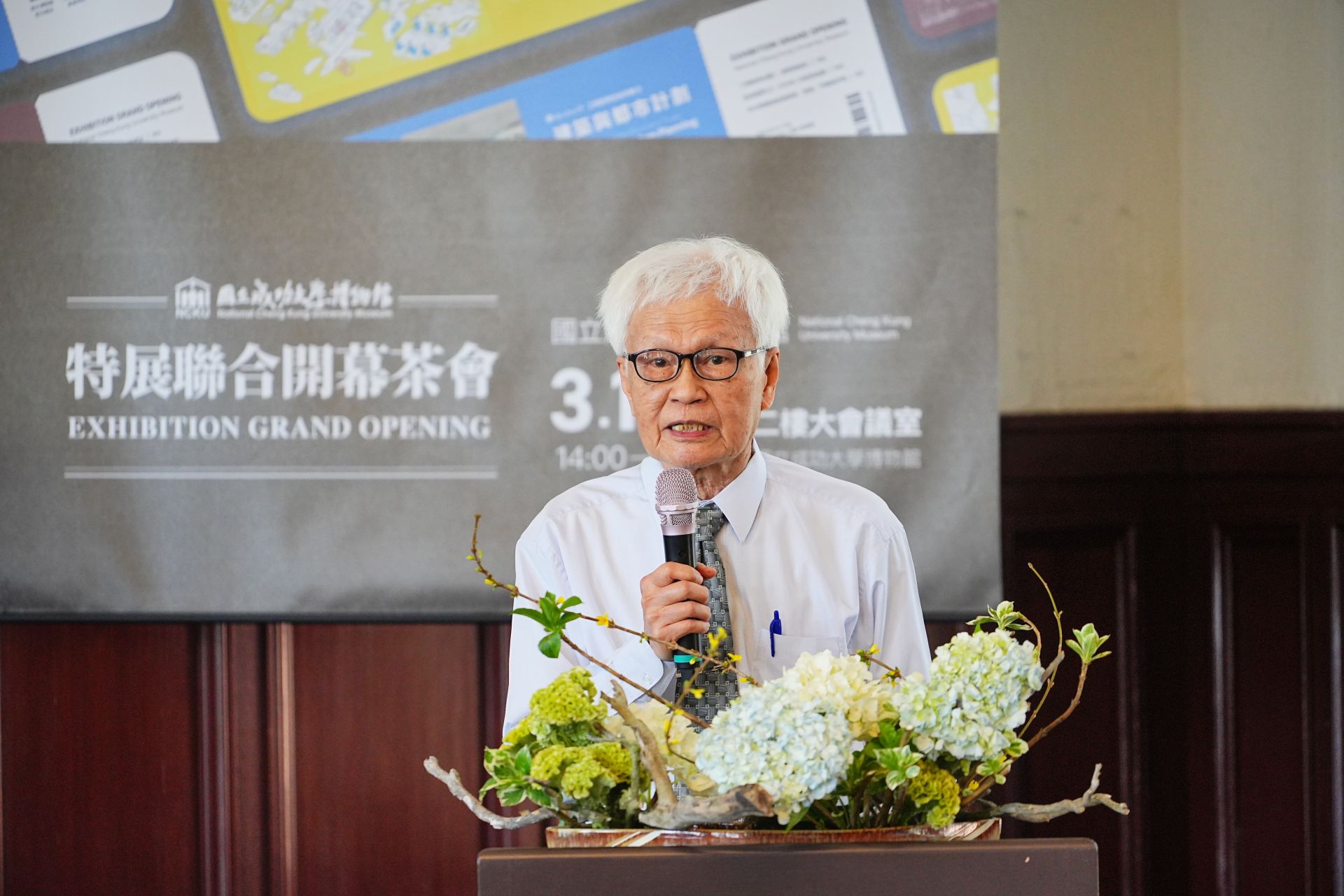
Hung-Shan Weng, former president of NCKU, is an important promoter of the exhibition series on the history of engineering education in Taiwan.
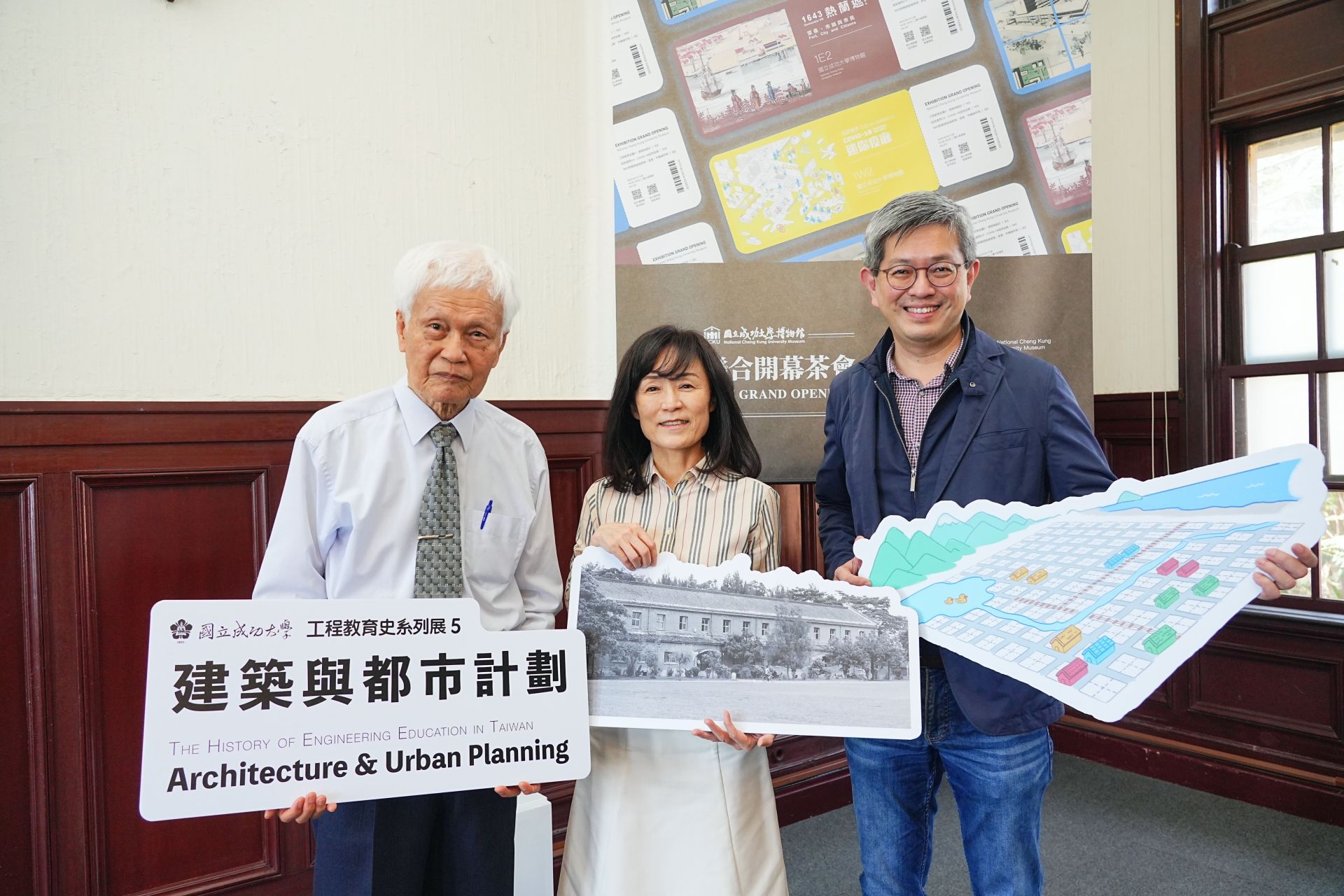
The "History of Engineering Education in Taiwan" exhibition series at the NCKU Museum is supported by past presidents and has now launched its 5th exhibition.

NCKU Museum uses Vaccine Boundary 2.0: COVID-19 Mini Epidemic Gallery to respond to the issue that is highly concerned by the society.
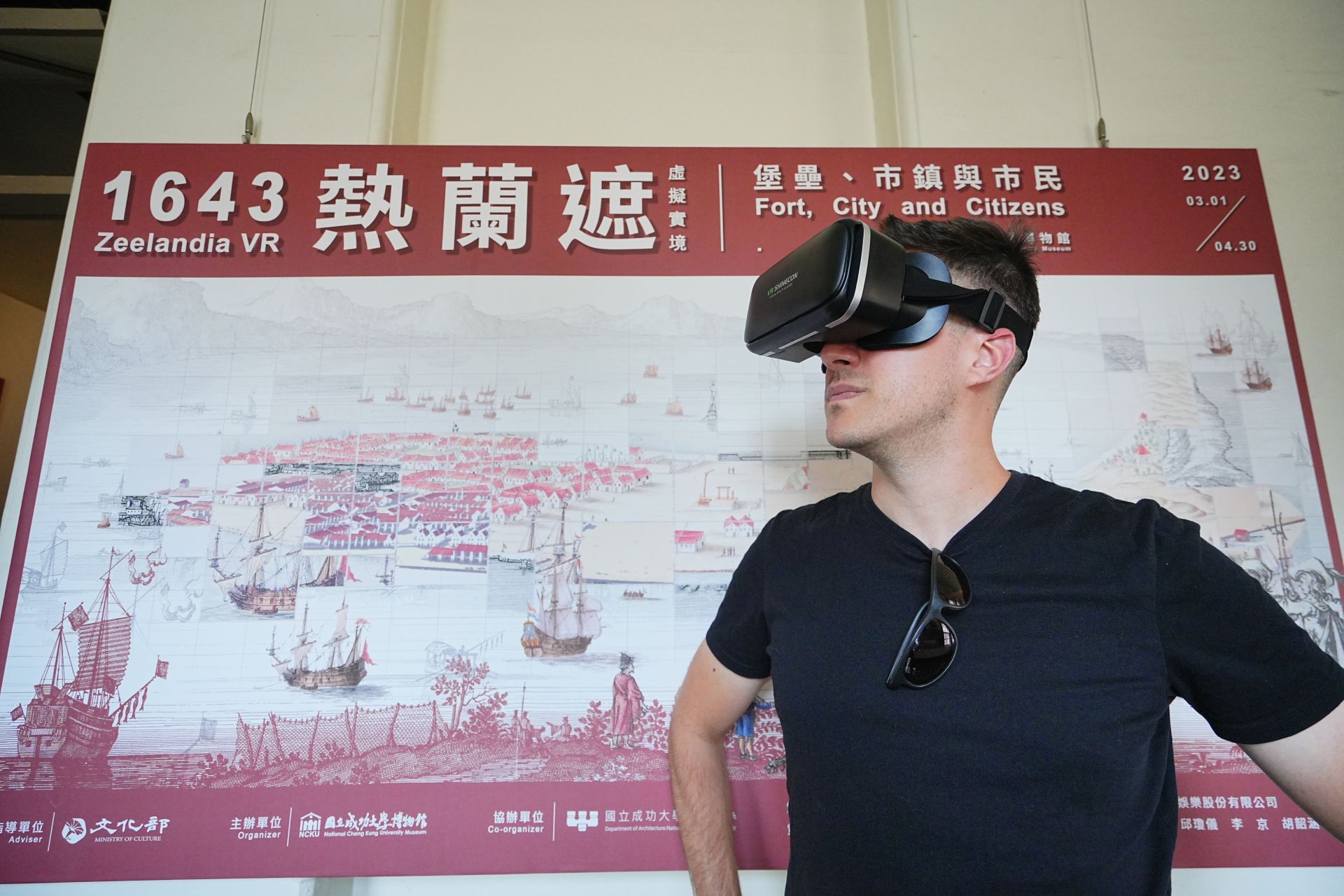
The exhibition, “1643 Fort Zeelandia Virtual Reality: Forts, Towns, and Citizens”, brings people back to important moments in Taiwan’s history through VR.

SDG11Stakeholders Gather at NCKU to Rethink Landslide-Dammed Lake Risk Management: From Monitoring and Early Warning to Recovery
View more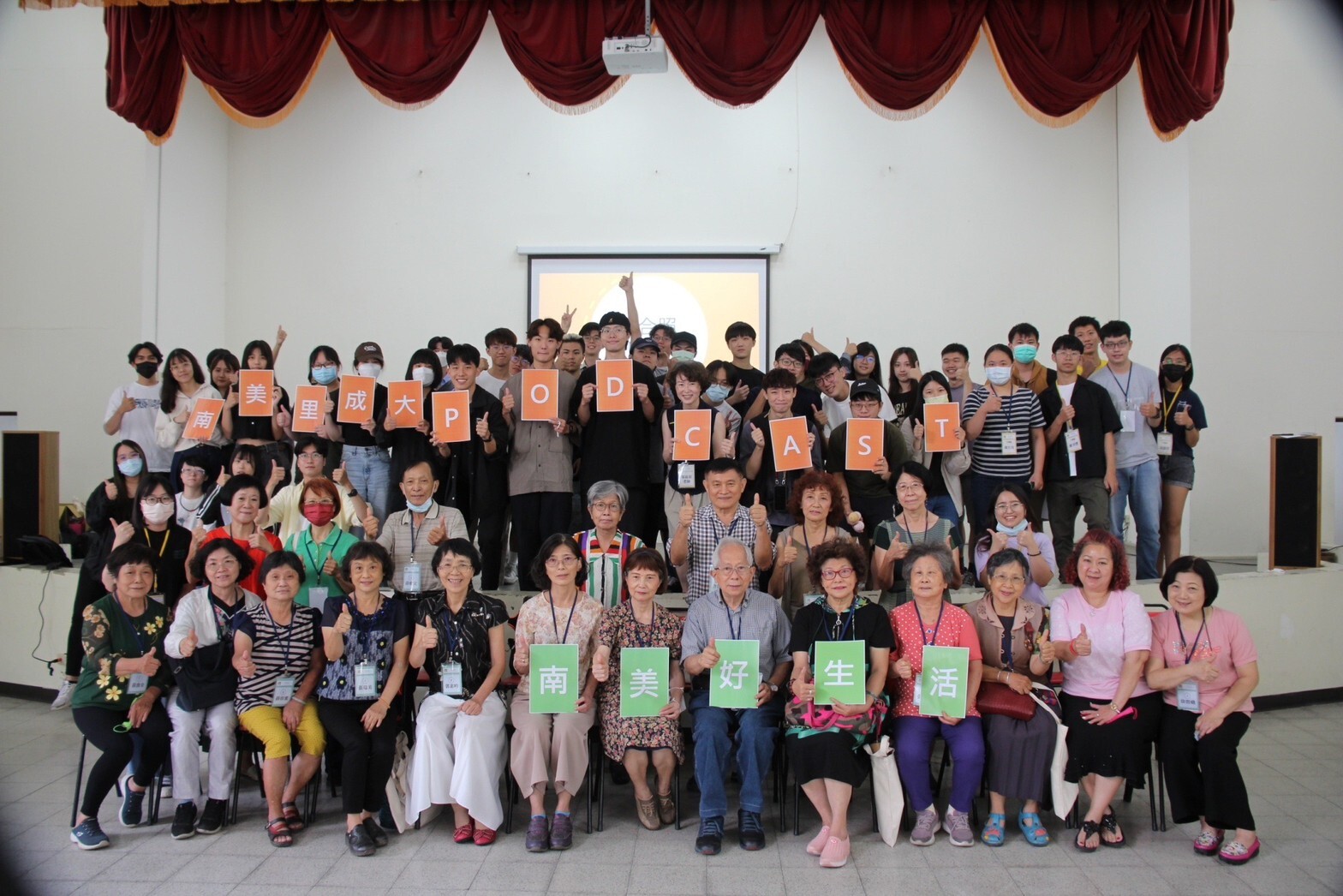
SDG11NCKU students collaborate with elders from Nanmei Village to launch the third season of the podcast "A Good Life in Nanmei".
View more